A U.S. airstrike that mistakenly killed 30 people at a Doctors Without Borders hospital in Kunduz, Afghanistan, last month was, in part, the result of military personnel inadvertently aiming at the wrong target — the hospital compound — instead of a suspected nearby site, from which Taliban fighters were firing, the top U.S. commander in Afghanistan said Wednesday.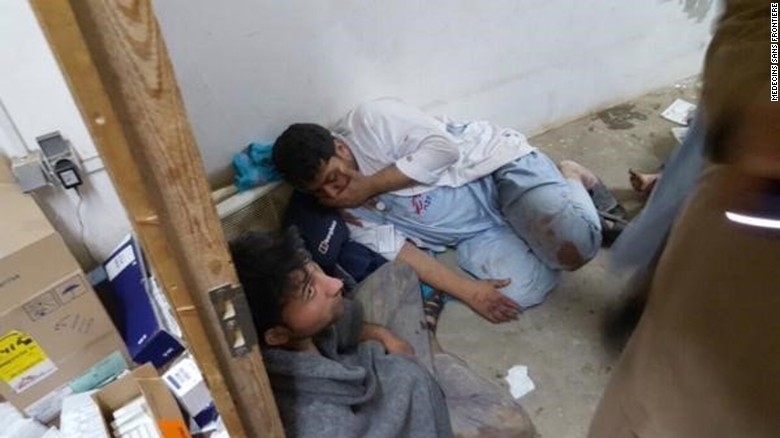 The military personnel most closely associated with the strike have been suspended from their duties, pending the full adjudication process, according to Gen. John Campbell, the top NATO and U.S. commander in Afghanistan.
The military personnel most closely associated with the strike have been suspended from their duties, pending the full adjudication process, according to Gen. John Campbell, the top NATO and U.S. commander in Afghanistan.
The October 3 mission had several technical and human errors, several administration officials acknowledge. A U.S. military fact-finding investigation into the incident detailed the mistakes and revealed that the U.S. aircraft targeted the wrong facility.
“The proximate cause of this tragedy was the direct result of avoidable human error, compounded by process and equipment failures,” Campbell told reporters in Kabul Wednesday.
“U.S. forces would never intentionally (strike) a hospital” or other protected sites, he said.
The report determined that U.S. forces directly involved in the airstrike did not know the compound targeted was the Doctors Without Borders hospital, and that the facility was misidentified as a target by U.S. personnel who believed they were striking a nearby building where there were reports of insurgents taking shelter.
It was also found that electronic systems aboard the AC-130 aircraft involved in the strike malfunctioned and prevented crucial command and control functions such as the ability to transmit video and to send or receive email or other electronic messages.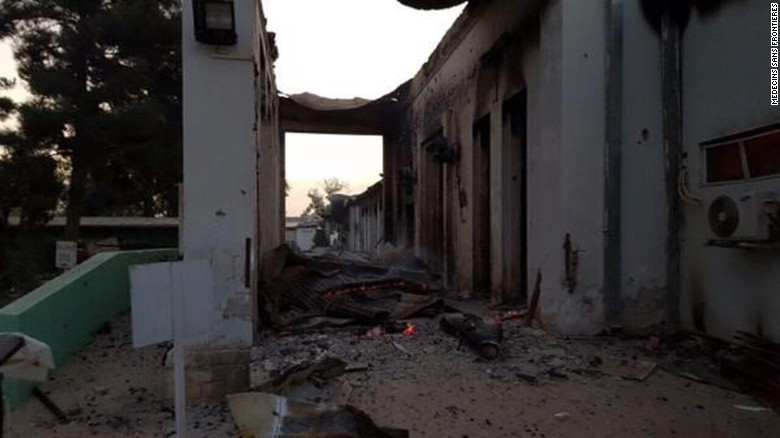
Campbell also said the aircrew of the AC-130 believed it was targeted by a missile as it approached Kunduz, thereby forcing it to move eight miles from the initial mission area it was sent to, which hurt the accuracy of some of its targeting systems.
The aircrew provided the coordinates of the trauma center — a known protected site — as their intended target one minute prior to firing, the report said. The operational headquarters at Bagram Airfield were aware of the coordinates for the trauma center Campbell said, but “did not realize the grid coordinates for the target matched a location on the no-strike list or that the aircrew was preparing to fire on a hospital.”
Campbell added that the confusion was exacerbated by the communication malfunctions the aircraft was already experiencing. It also occurred in a nighttime environment.
However, in the same briefing with reporters, Brig. Gen. Wilson Shoffner said that the investigation “found that some of the U.S. individuals” involved in the airstrike “did not follow the rules of engagement.”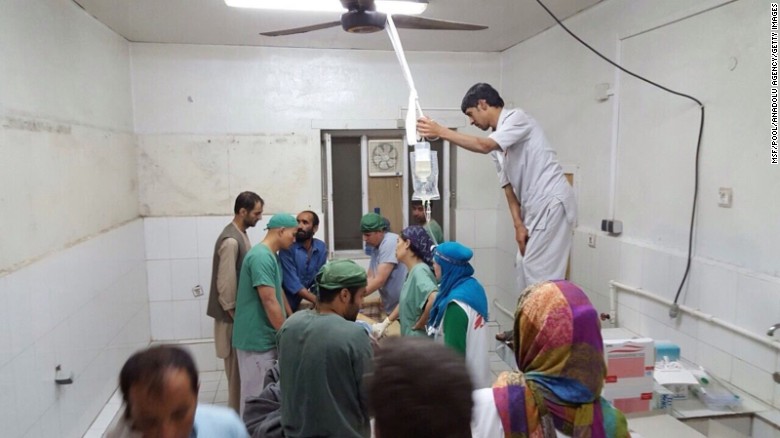
The investigation found that Doctors Without Borders told a U.S. military official that their facility was under attack more than 10 minutes after the attack began, Campbell said. It took an additional 17 minutes for U.S. military personnel to realize they were hitting the hospital. The airstrike was over by that time, according to Campbell.
Lawmakers on Capitol Hill have already begun weighing in on the findings.
“We have been briefed by General Campbell on his investigation into this troubling incident,” Rep. Mac Thornberry, the Republican chairman of the House Armed Services Committee said in a written statement.
“It is clear that process failures on multiple levels were involved,” Thornberry said. “We will continue to oversee the investigation as it proceeds, and work closely with our forces in Afghanistan to ensure this tragedy is not repeated.”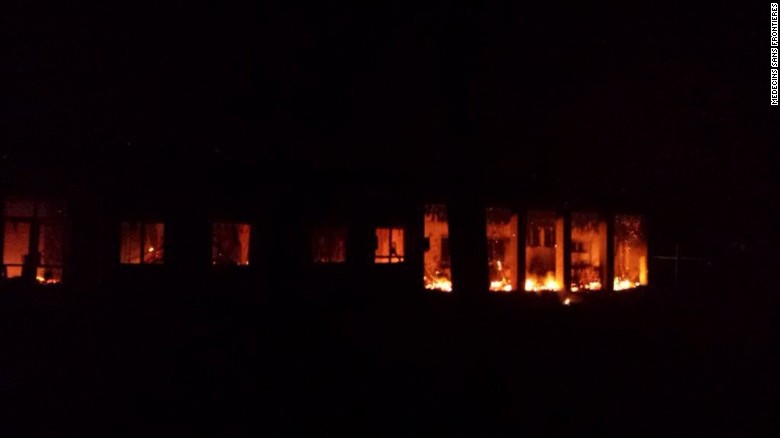
Campbell took the unusual step on Wednesday of releasing a brief summary of the investigation’s conclusions. The step is atypical because this type of release of information generally doesn’t happen until the military determines if any military personnel will be disciplined or charged with wrongdoing.
An official familiar with Campbell’s thinking said that although authorities are still determining potential disciplinary action, the commander believes the incident is serious and has garnered so much public attention it warrants this step.
It will now be up to Campbell to decide whether to take further action himself or refer the matter to the various military services that oversaw the troops involved. He could also decide to take no action.
The Pentagon has already concluded that the Doctors Without Borders group that ran the facility had followed all proper procedures in notifying the U.S. of the location of the hospital. The group “did everything right,” a U.S. official said last month.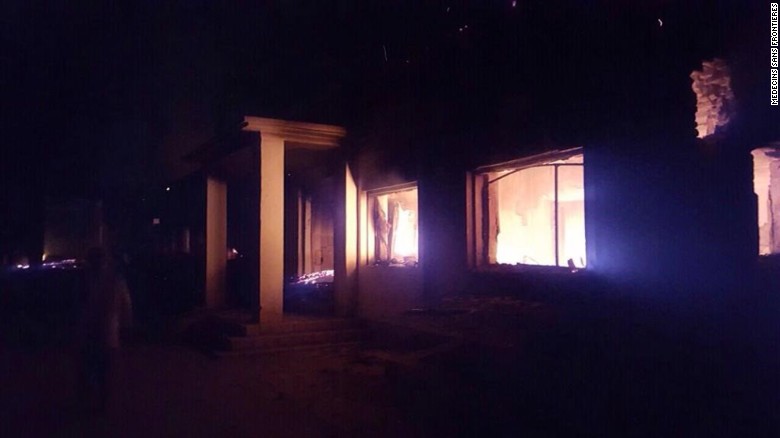
Hospitals, like schools and mosques, are prohibited from being attacked by the U.S. military even if there may be militants present. Doctors Without Borders has consistently said there were no Taliban fighters at the hospital on October 3 and that it was a particularly quiet night that followed several days of clashes.
Early last month, the Taliban had taken control of Kunduz and Afghan forces were battling them back. The U.S., under current rules of engagement, does not strike Taliban formations unless Afghan security forces are about to be overrun. That night, there were reports of gunfire in the area, which led to a U.S. Air Force AC-130 gunship being called in. The hospital came under repeated attack even though the medical staff called U.S. military contacts urging them to stop their fire as the attack unfolded.
Doctors Without Borders has said the hospital came under attack for an hour.
































